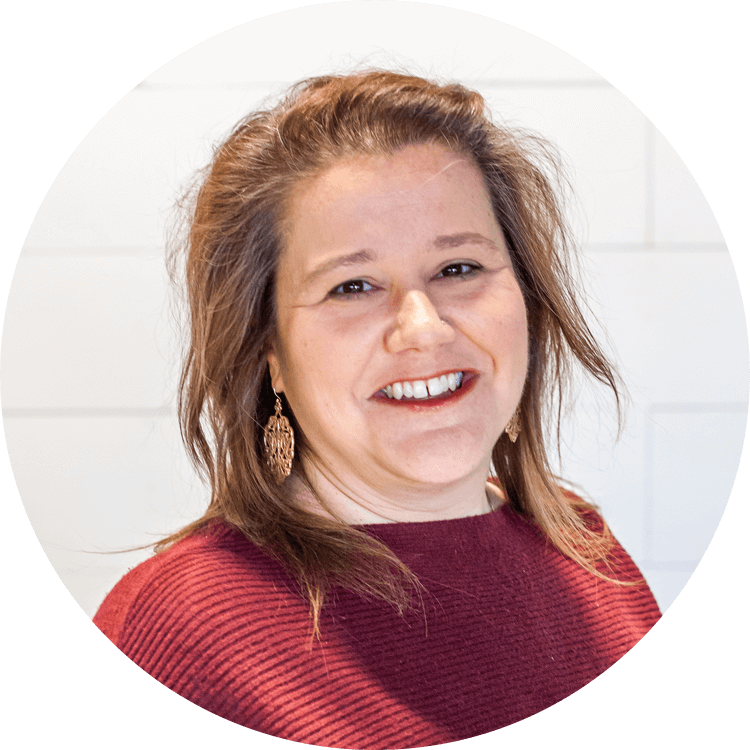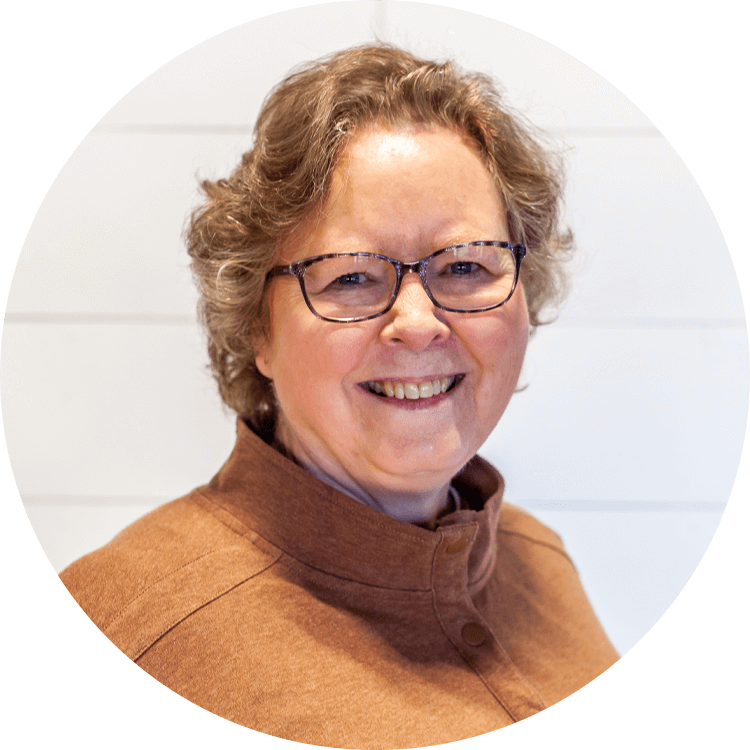“Man have we been there!”
Those words crossed my lips last night as my wife shared the news that a friend of hers had just left her son in the psychiatric ward of their local hospital. Tears ran down Kristin’s face as she identified completely with this broken mother. We know the pain, the agony, and the defeat of making this decision. We’ve made it four times with one of our children in the past. It never gets easier. It leaves you feeling like a failure; like you’re the worst parent in the world.
You wonder, “Will life ever get better? Will my kid ever get better? How will we ever make it through this darkness?” If not questions like these, it’s the guilt. Oh, the guilt! It batters your soul like like a relentless hurricane making landfall. You feel as though there’s not a parent in this world worse than you. You beat yourself up with thoughts such as, “I’m a parent and I couldn’t control my child!” “They’re behavior is because of me! It’s my fault.” “I couldn’t protect my other children so I had to send him somewhere else.”
We know what you’re going through. Like I said, we’ve been there. We’re still there. Our oldest son doesn’t live at home and won’t until 2016. Every time we visit him, or talk to him on the phone, we cry. Our hearts break. It’s the toughest thing in the world. But, it’s also the most hopeful thing in the world. We believe in our son and we have solid hope for the future. However, that wasn’t the case 4 years ago. We were in a pit and we were desperate.
Step by step, inch by inch, we had to crawl out and rebuild life. The experiences we’ve had, and the lessons we’ve learned, have helped us see the light at the end of the tunnel. If you’re in this same pit and you are struggling, here’s what you can do to move forward:
- Grieve. Allow yourself to grieve. Don’t try to be strong and fortified right off the bat. Take the first few days, to a week, and be sad over this new reality. The first time our son entered residential care we were distraught, but we tried to pull ourselves together too soon. You need to pull yourself together for the sake of your family but not right away. You’ve just lost someone you love, at least in terms of proximity to your home. Grieve. It’s a critical step to the healing process.
- Hope. After you’ve grieved, have hope that your child is getting the help he or she needs. This was hard for us to grasp. We kept focusing on the fact that we couldn’t help him, instead of the truth that he was getting help. When we figured this out we found hope. I remember driving away from a visit with him, one afternoon, at the residential facility he was placed in, and feeling hopeful. Even through tears, I felt hope. I looked at Kristin and said, “God has big plans for our son!” I believed this beyond a shadow of a doubt, even though things seemed bleak.
- Rest. Now that your child is not in your home for a period of time, and you aren’t fighting a daily battle with them, take time to rest. The first time our child entered residential care this wasn’t something we did. We learned how important it was though. He came back home after only 2 weeks and we were still exhausted. I know it’s not easy to rest when your child is not at your home anymore, but you need to do it. You need to invest in your other children and take the break you so desperately need. Resting and recalibrating will better prepare you to parent your child if and when he or she returns home.
- Work. Work hard to change things before your child returns home. Change your family’s routine to make your days more productive. Change your eating and sleeping habits. Fix the things that are broken, both literally and figuratively, in your home. We even changed where our son’s bedroom would be once he returned. Create structure so that he or she enters into a peaceful and controlled environment. This will help your child grow but will also help you grow as well.
The hope is that you never have to make the difficult decision to place your child in residential care. It’s not easy, at all! But if you face this reality, there’s hope. We understand the reality and we know the pain first hand. We are living proof that you can make it through the darkest night.
Our son is living proof that there is healing and restoration, even when it seems completely hopeless!
‘I know the plans I have for you,’ declares The Lord. ‘Plans to give you hope and a future.’ – Jeremiah 29:11
Have you had to make this difficult decision with your son or daughter? What lessons have you learned?









